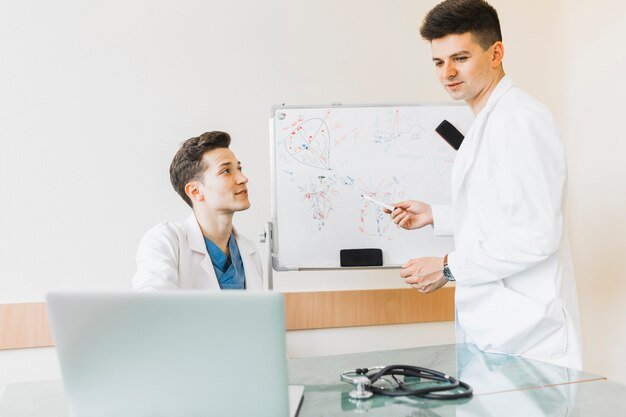
Life sciences firms are in a highly regulated, international business where accuracy, compliance, and cultural fit are paramount. From bringing a new drug or medical device to market to conducting research studies, accurate localization is key to success in foreign markets. Working with a life sciences localization firm is no longer a nicety it’s a necessity. Here’s why.
Regulatory Compliance in Global Markets
Each nation has rigorous rules governing pharmaceuticals, medical devices, and clinical trials. Each of the European Medicines Agency (EMA), the U.S. Food and Drug Administration (FDA), and China’s National Medical Products Administration (NMPA) has its own set of requirements. One mistranslation in a clinical trial document can cause delays in approvals or bring on legal action.
Case Study: In 2019, a large pharma organization had to wait six months to launch a new medicine in Japan after suffering from translation mistakes in regulatory filings. With the services of a dedicated life sciences localization firm, they had the documents revised and brought them back into compliance.
Accuracy in Patient-Facing Materials
Localization is not simply translating words t’s about making content suitable for various audiences. Patients require straightforward instructions to safely use medical products. Inadequately localized content can result in misuse, side effects, and even lawsuits.
For instance, an insulin company expanded into Latin America but encountered high call center calls because of ambiguous dosage instructions. After engaging a localization specialist, the updated content decreased patient confusion and increased adherence rates.
Boosting Market Expansion Efforts
A successful localization plan accelerates market entry. Without specialists, businesses can experience legal, cultural, and language barriers, hindering growth.
Imagine a U.S. biotech company expanding into Germany. Early marketing copy wasn’t localized, and it came across as stilted to local healthcare providers. With professional localization, they improved their messaging and experienced a 30% boost in interaction with German hospitals.
Cultural Sensitivity in Life Sciences Communication
Medical terms and healthcare concepts vary by culture. Localization specialists make messaging resonate with target audiences without misinterpretation.
Example: A U.S. medical device firm encountered criticism in the Middle East because of symbols used on packaging that were offensive to the region. A localization specialist assisted in re-designing the packaging to be more compliant with local cultural values, avoiding potential sales loss.
Specialized Expertise in Scientific and Medical Content
Life sciences material is very technical, and therefore translators with expertise in the field are needed. Misunderstanding of scientific jargon can cause misinformation or regulatory failure.
A book localization company that translates medical textbooks guarantees proper translation for doctors and other medical professionals across the globe. Without specialists, essential medical information might be lost or misinterpreted, impacting education and patient care.
Conclusion
Localization is not merely a matter of language it’s about success in the market. Professional localization by life sciences companies translates into quicker regulatory approval, improved patient interaction, and easier international expansion. A reliable life sciences localization company guarantees accuracy, compliance, and cultural appropriateness—critical components of the industry’s international expansion.
